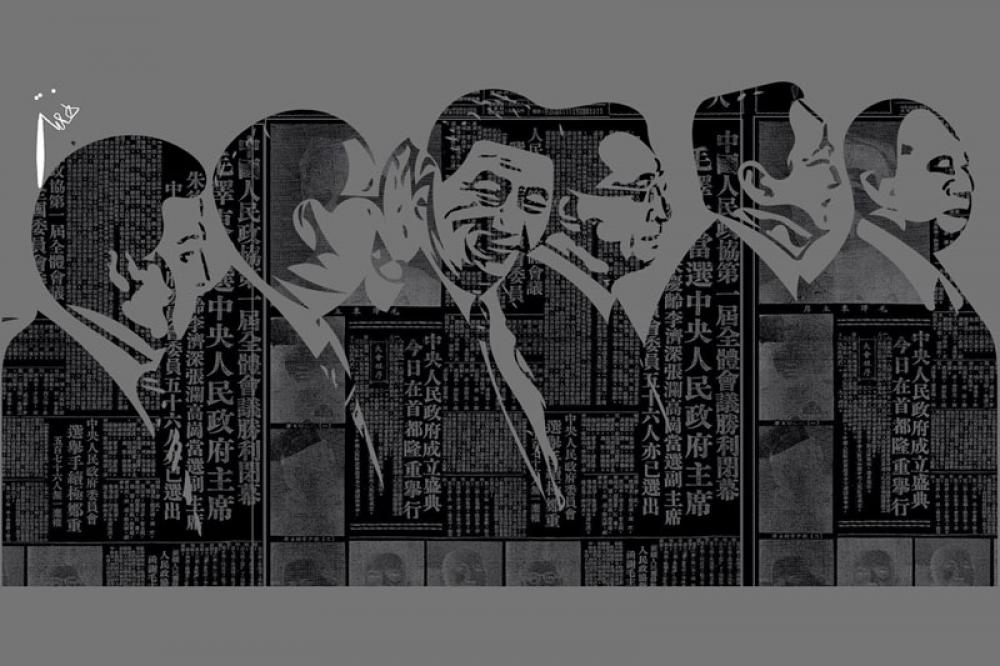Just Earth News | @justearthnews | 26 May 2023, 10:42 pm Print
 China Women
China Women Pixabay
Even as China has outlined its plans to become the world’s biggest superpower within thenext 30 years, it has failed to give substantial representation in political matters to womenwho play critical role in shaping health and well being of a nation.
Chinese leader Xi Jinpinghas set out his plan for the country to become a “global leader” by 2050 but failed toprevent sex selective abortions.
The Committee on the Elimination of Discrimination against Women has raised seriousquestions about the political participation of women and sex selective abortions in China.
An expert from the Committee asked for more information on measures taken todefine appropriate representation of women?
What temporary measures were in placeto accelerate leadership positions for women?
One Committee Expert said women’spolitical participation was limited in China.
What measures was the State party takingto increase the number of women in political positions?
How would women’sparticipation at national and municipal levels be increased, as well as in administrativepositions? How would Hong Kong Special Administrative Region of China increase thenumber of women in politics?
The fact of the matter is that the Communist Party Congress has never tried to strike agender imbalance in the upper echelons of Chinese politics.
Unfortunately, not a singlewoman has made to 24-person Politburo for the first time in at least a quarter of a century.
The Communist Party which is the world's biggest political party, has 96 million activemembers but no woman has ever held much power.
According to available information ,women make up just five percent of the party's new 205-member Central Committee,while the seven-member Standing Committee -- the apex of China's power -- remains anall-male club headed by Xi.
Veteran politician Sun Chunlan, a vice premier overseeing China's health policies, Seventytwo year old was the only woman in the former Politburo, the party's executive decisionmaking body.
Often dispatched to inspect Chinese cities in the grip of surging Covid-19 outbreaks, theformer party chief of Fujian province and Tianjin municipality became the public face ofthe zero-Covid policy, commanding tough measures wherever she went, prompting thenickname "Iron Lady".
But she was the only leader in Chinese politics, where malepatronage networks and ingrained sexism have stymied the careers of promisingcandidates, experts say.
Since 1948, the Politburo has only admitted six women. Of them, three made to vicepremiers. There is no woman in the elite Standing Committee.
Regarding the sex-related abortions, the committee asked tough questions to the Chinesedelegation.
The Committee took note of the State party’s efforts in implementing thedecision to take comprehensive measures to reduce the sex ratio at birth, includingharsh punishment for agencies and employees conducting foetal sex identification fornon-medical purposes, or sex-selective abortion.
Was this a policy, an action plan or alaw?
What was the timeline of this decision?
The State party had promulgated a seriesof regulations which rendered foetal sex identification and sex selection abortion asillegal, which sent an important normative signal. How were these regulationsenforced?
The CEDAW has questioned China on Tibet women and sought for clarity on genderequality, healthcare and educational access, political engagement, and the protection ofreligious and cultural rights for Tibetan women living in Tibet.
Meanwhile, the Chinese delegation told CEDAW said that China had been stepping upefforts to promote women’s engagement in politics.
There had been an increase of 4.7per cent of women in civil servant positions in 2021 than that of 2011. In 2017 in centralorganizations, women accounted for 52.4 per cent of the newly-recruited civil servants.In 2020 this had increased to 53.5 per cent. Around 40 per cent of judges in China werewomen.
The delegation was confident there would be more women holding seniorpositions in China.
There were now 2,560 female diplomats who accounted for 35 percent of all diplomats in China. In Hong Kong Special Administrative Region of China,women made up around 18 per cent of the legislative council.
There was nothing todiscourage women from participating in politics. Forty per cent of all directorate officerswere women.
There was a benchmark in place which aimed to raise this to 35 per cent.
The delegation further maintained that the law adopted in China in 2001 providedprohibition of discrimination and abuse and the practice of abandoning female infants, aswell as forced abortions of girls.
The issue of sex ratio at birth was tackled by severalagencies, led by the National Health Commission, prohibiting sex-selective abortionthrough multiple campaigns.
The current sex ratio in China highlighted the effectivenessof these measures.These developments have come as a big embarrassment for the Xi government which hasbeen working tirelessly to become a major power of the world but it has failed to treatwomen at par.
- UN’s chilling 2024 finding: Women are being killed every 10 minutes — Not by strangers!
- Argentina witnesses mass protests over torture, murder of three women
- New study shows one in three Australian men committed intimate partner violence
- Funding cuts in Afghanistan mean ‘lives lost and lives less lived’
- UN report says Iran using app, tech to monitor women who are not wearing hijab





-1763561110.jpg)
